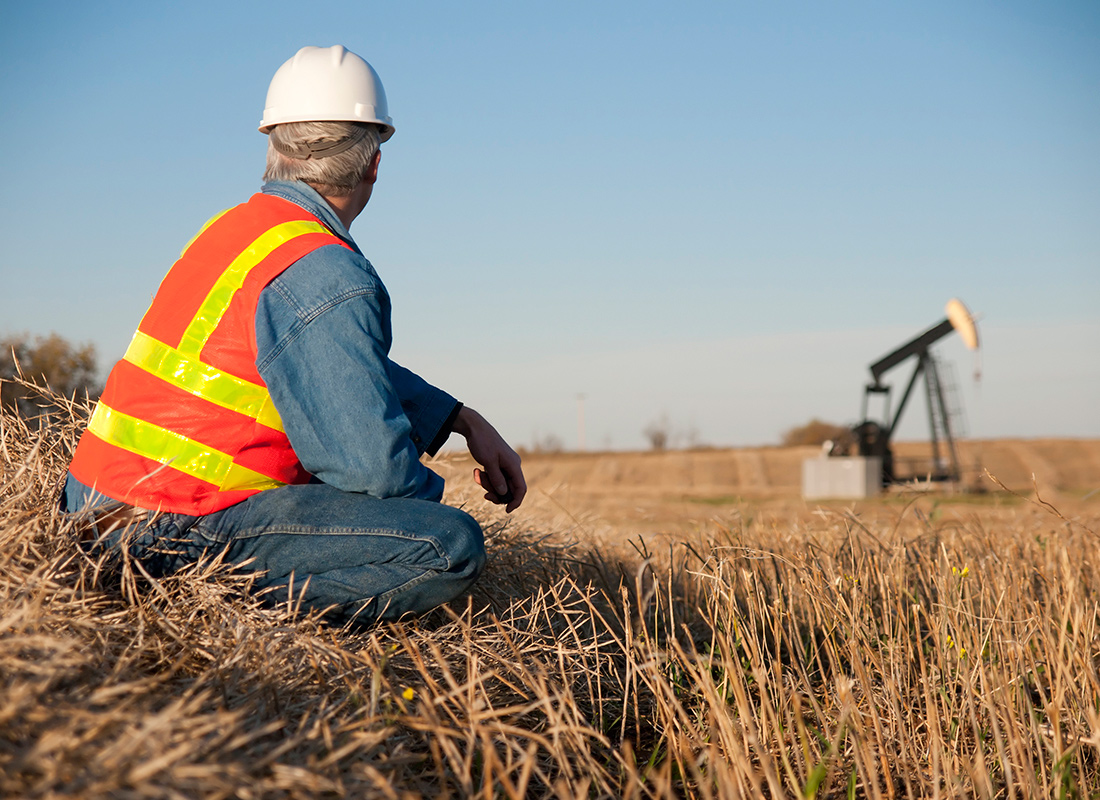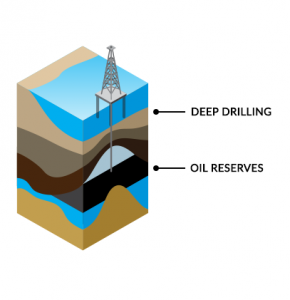All Categories
Featured
Table of Contents
Geophysics Jobs in Scarborough Australia 2020
This work is increasingly contracted out, so consultancies offer another source of employment. Consultancy companies vary in size, from very small business to big multinationals. Some consultancies are rather specialised in using specific geophysical techniques or operating in specific locations, while others use a more varied series of services to their clients.
The extraction of gas from landfill sites is another location of work and this might grow in the future. Expedition companies might carry out work for construction companies, public utility, mining companies and environmental companies, so geophysicists might be used in any of these settings. Other employers consist of: geological surveysgovernment bodies and agenciesuniversities and research study institutes.


Vacancies may be listed in the oil and gas sector press. Recruitment is impacted by oil cost changes and the level of competitors for positions differs depending upon this. Professions Days, which cover the complete series of geoscience professions and are usually attended by a variety of key market companies, are run by The Geological Society.
Geophysical Survey in Mount Claremont Oz 2020
Some of the big oil and gas companies provide a full two-year structured training program across the breadth of geophysics, consisting of the chance to experience work in numerous groups prior to specialising in one area. Your training may include deal with: existing wellsmagnetic and gravitational prospective field data analysisresearchrock analysis. It's more normal for your preliminary training to be offered on the job.

There might be a probationary duration throughout which you work along with an experienced colleague. Competency-based appraisals happen regularly in many companies. In smaller sized companies, and for scholastic posts, there is not likely to be any official training - you'll be anticipated to start work straightaway and get abilities as you go along.
If you work for a smaller sized business, you may find that you need to take obligation for arranging and moneying your own development and training. If you have a geology degree, subscription of The Geological Society can be useful for networking and for maintaining to date with the industry.
Geophysical Methods in Martin Aus 2021
You may likewise discover it useful to sign up with the PESGB (The Petroleum Exploration Society of Great Britain, which has a geophysics special interest group. After a probationary period, and as soon as you have actually gotten some experience, you could progress to senior geophysicist, then group leader and then into a senior function in management.
The ease of motion in between functions depends on the business structure. Research study at Masters or Ph, D level in a subject related to geophysics or geosciences might aid with your career development and development. The work market within the oil and gas market is extremely based on price and this may affect your opportunities for profession progression.
Not all tasks are reliant on the oil and gas markets. For skilled geophysicists, freelance consultancy offers a good path for profession advancement. You can also specialise in a particular location of geophysics. As a geophysicist, you're likely to have several tasks throughout your working life. Global movement is crucial for handling peaks and troughs in various countries at various times.
Geophysics in Redcliffe Australia 2020
From geophysics, it's possible to concentrate on seismology (finishing additional training to end up being a seismic interpreter) or to move into associated locations such as engineering geology or risk prediction.
Deciding what to study in college is a tough choice. Even if you know that your field of interest lies in science, what program of study is right for you?
The first step to accomplishing your goal of becoming a geophysicist is making a degree. Even for entry-level positions in the field of geoscience, you'll need a bachelor's degree (a geophysicist college degree) from an accredited college or university. Some research positions need prospects to hold master's degrees or even Ph.
Geophysical Engineering Undergraduate Program in Casaurina WA 2020
Postgraduate degree are specifically essential if you prepare to teach at a four-year institution. Geophysicists use physics ideas and methods to study the gravitational, magnetic, and electric fields of the earth. This advances scientists' knowledge of both the world's interior core and its surface. Geophysicists need to be able to: evaluate rocks, photographs, and other pieces of data carry out research study both in the field and in labs develop maps and charts of their findings compose reports To accomplish all this, students require a specialized education for geophysicist professions.
As stated above, you'll need a bachelor's degree in geoscience or a related discipline, such as a physical science or a natural science, to land an entry-level job. Trainees can likewise prepare by majoring in topics like: Biology Chemistry Computer system science Engineering Mathematics Physics The above geophysicist majors offer a more generalized technique to a single scientific discipline, however most programs require trainees to take one or more geology course.
Latest Posts
Geophysical Exploration in Hocking Australia 2022
5 Surface Geophysics in Sorrento WA 2021
Consumer Guide To Geological And Geophysical Services ... in Safety Bay Western Australia 2020